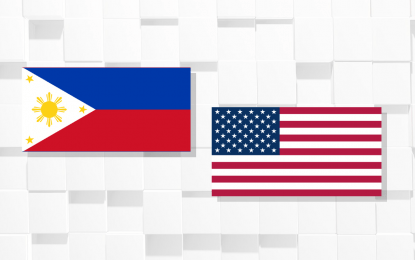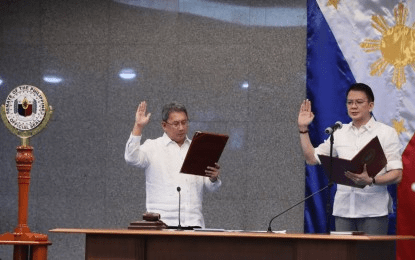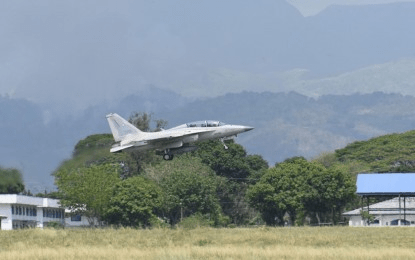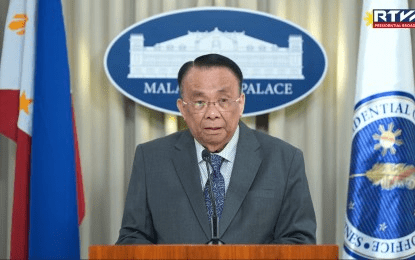PNA
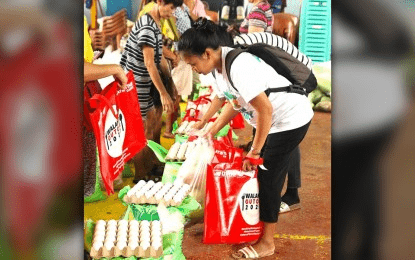
MANILA – The Department of Social Welfare and Development’s (DSWD) Walang Gutom Program (WGP) is on the right track with its goal of reducing hunger among program beneficiaries as indicated by the results of the nationwide impact evaluation study conducted by the Social Weather Stations (SWS).
“We are pleased to note this favorable result of the nationwide impact evaluation conducted by the SWS. This indicates that the impact of the WGP is indeed felt on the ground by no less than our beneficiaries. With this positive development, we will continue to develop ways to make the program more responsive to the needs of the beneficiaries,” Secretary Rex Gatchalian said Friday at the sidelines of a food redemption activity for WGP beneficiaries in Tondo, Manila.
Commissioned by Globe and the DSWD, the SWS field work was conducted on Oct. 7 to 18, 2024 and on Dec. 1 to 10, 2024. It covered a total of 3,991 respondents from 33 provinces across the country.
The findings revealed that at the start of the program, nearly half of the enrolled households reported experiencing hunger.
As food aid interventions were implemented, hunger levels among beneficiaries showed a notable decline, particularly in regions such as Central-South composed of the provinces of Negros Oriental, Negros Occidental, Cotabato City, Zamboanga del Norte, and Surigao del Norte.
Among program beneficiaries, the share of households experiencing hunger dropped by 4.1 percentage points — from 48.7 percent in October 2024 to 44.6 percent in December.
In contrast, hunger prevalence among non-beneficiaries increased over the same period by 6.1 points.
The drop in the hunger level of WGP beneficiaries vis-à-vis non-beneficiaries showed the positive effect of the program, the SWS report said.
Despite these positive outcomes, severe food insecurity, where families experience frequent disruptions in their food supply, remained a challenge. The SWS study showed that both beneficiaries and non-beneficiaries saw an increase in this condition, though the escalation was less severe among those receiving support.
This highlights the WGP’s role in cushioning the impact of worsening food access, though it also points to the need for more comprehensive interventions.
Additionally, the study indicated that the prevalence of severe hunger, where individuals go entire days without food, was higher among beneficiaries at baseline but significantly declined throughout the program period.
This underscores the value of sustained food assistance in alleviating the harshest forms of hunger.
“We would like to thank Globe, our partner in this endeavor, for being one with the DSWD in aiming to reduce hunger among our countrymen,” Gatchalian said.
The Walang Gutom 2027: Food Stamp Program, commonly known as the WGP, has been in existence for nearly two years, with its pilot phase launched in July 2023.
Since its inception, the program has made remarkable progress in addressing food insecurity among the country’s poorest households.
Key milestones include the successful conduct of Nutrition Education Sessions and Productivity Enhancement Sessions, as well as the continuous implementation of food redemptions through Electronic Benefit Transfer (EBT) cards. (PNA)

